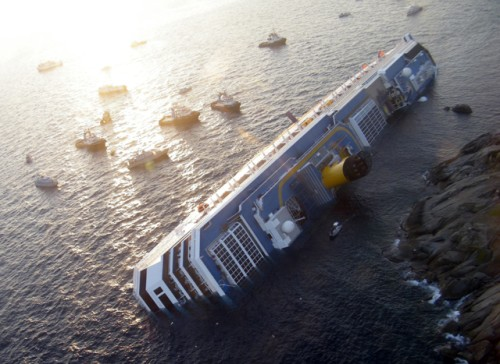Will You Really Become More Conservative As You Age?
January 26, 2012 in Daily Bulletin

Researchers decide to find out if the cultural stereotype of people becoming more conservative as they aged was accurate. Their findings were surprising:
- As people age they seem to become slightly more liberal because they become more accepting and understanding.
- However this is not uniformly seen across all beliefs. People seem to become more liberal about things such as minority groups, but more conservative about civil liberties as they age.
- The era that one came of age in appears to define one’s political views, more than just age itself.
Read about some of the limitations of the study as well as the cultural biases that led to the perception of the old as growing more conservative over here.
Source: DiscoveryNews
Via: Marginal Revolution









Join the Discussion! (No Signup Required)